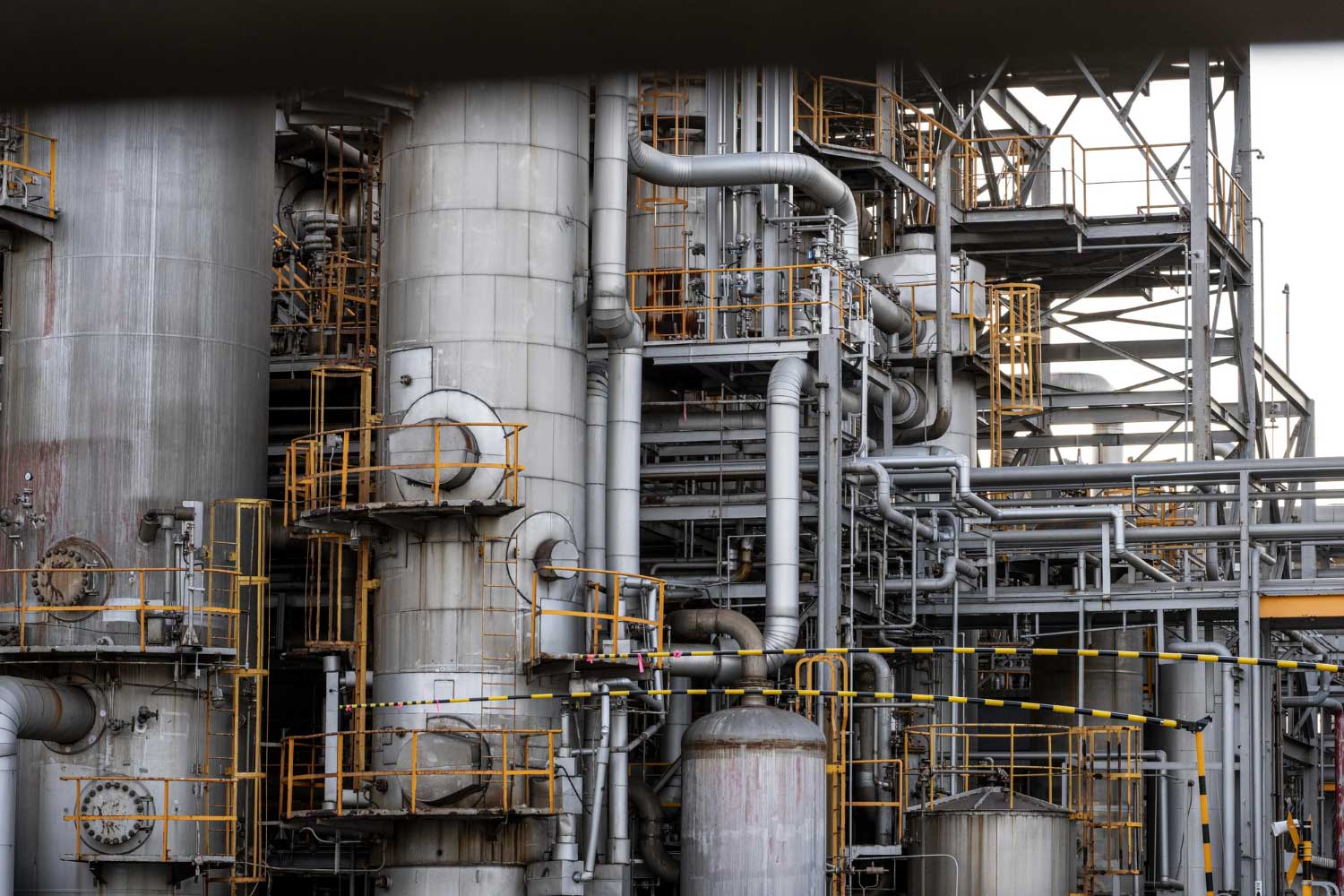As an industrial facility owner or manager, maintaining cleanliness and safety is paramount to ensure a productive and healthy work environment. One crucial aspect of achieving this goal is pressure washing, which effectively removes dirt, grime, and hazardous substances from surfaces.
The Importance of Pressure Washing in Industrial Facilities
Industrial facilities, by their very nature, are prone to accumulating dirt, dust, and hazardous materials that can pose health risks to employees and damage equipment. Furthermore, ignoring these issues can lead to costly repairs, downtime, and even legal liabilities. Regular pressure washing helps prevent these problems by removing contaminants before they cause harm.
Benefits of Pressure Washing for Industrial Facilities
Pressure washing offers numerous benefits for industrial facilities, including:
- Enhanced Safety: Removing hazardous substances reduces the risk of accidents and injuries.
- Improved Productivity: A clean workspace boosts employee morale and efficiency.
- Extended Equipment Lifespan: Regular cleaning prevents damage from dirt and debris.
- Reduced Downtime: Cleaning surfaces quickly and efficiently minimizes equipment downtime.
- Cost Savings: Preventing damage and reducing maintenance needs saves money in the long run.
Common Areas Requiring Pressure Washing
In industrial facilities, several areas require regular pressure washing to maintain cleanliness and safety. These include:
- Warehouse Floors: Removing dirt, oil, and other substances prevents slips and falls.
- Equipment and Machinery: Cleaning surfaces ensures efficient operation and extends lifespan.
- Parking Lots and Driveways: Keeping these areas clean enhances the facility’s appearance and reduces debris.
- Building Exteriors: Pressure washing exterior walls and roofs maintains a professional image.
Choosing the Right Pressure Washing Equipment
Selecting the appropriate pressure washing equipment is crucial for effective cleaning. Consider factors such as:
- Pressure Washer Type: Electric, gas, or diesel-powered washers suit different needs and environments.
- PSI (Pounds per Square Inch): Higher PSI ratings are necessary for tougher surfaces and stubborn stains.
- Flow Rate: A higher flow rate is required for larger areas and heavier debris.
Safety Precautions for Pressure Washing
When pressure washing, it’s essential to take safety precautions to avoid accidents and injuries. These include:
- Wearing Protective Gear: Gloves, safety glasses, and closed-toe shoes protect operators from debris and chemicals.
- Using Correct Nozzles: Selecting the right nozzle type and size ensures effective cleaning without damaging surfaces.
- Maintaining a Safe Distance: Keeping a safe distance from the spray tip prevents accidents and injuries.
EPA Regulations and Environmental Concerns
Industrial facilities must adhere to EPA regulations and environmental guidelines when pressure washing. This includes:
- Proper Disposal of Waste Water: Ensuring waste water is disposed of correctly prevents contamination.
- Using Eco-Friendly Cleaning Solutions: Selecting environmentally friendly cleaning products minimizes harm to the environment.
Hiring a Professional Pressure Washing Service
While some industrial facilities may opt for in-house pressure washing, hiring a professional service offers several advantages:
- Expertise and Experience: Professionals possess the necessary knowledge and skills for effective cleaning.
- Specialized Equipment: Access to specialized equipment ensures efficient and safe cleaning.
- Time and Cost Savings: Outsourcing pressure washing saves time and reduces costs associated with equipment maintenance and employee training.
Pressure washing is a vital aspect of maintaining cleanliness and safety in Tucson industrial facilities. By understanding the importance of pressure washing, benefits, common areas requiring cleaning, and safety precautions, facility owners and managers can ensure a productive and healthy work environment. Additionally, choosing the right equipment, adhering to EPA regulations, and considering professional services can further enhance the effectiveness of pressure washing efforts.
Frequently Asked Questions
Q: How often should industrial facilities be pressure washed?
A: The frequency of pressure washing depends on the facility’s specific needs and usage. Regular cleaning schedules can help maintain cleanliness and safety.
Q: Can pressure washing damage surfaces or equipment?
A: When done incorrectly, pressure washing can damage surfaces or equipment. It’s essential to choose the right equipment, use correct techniques, and follow safety precautions to prevent damage.
Q: Are there any specific regulations for pressure washing in industrial facilities?
A: Yes, industrial facilities must adhere to EPA regulations and environmental guidelines when pressure washing to ensure safe disposal of waste water and minimize harm to the environment.
Maintaining cleanliness and safety in Tucson’s industrial facilities is crucial, and our pressure washing services help achieve this by effectively removing oil stains, dirt, and hazardous substances from surfaces.
